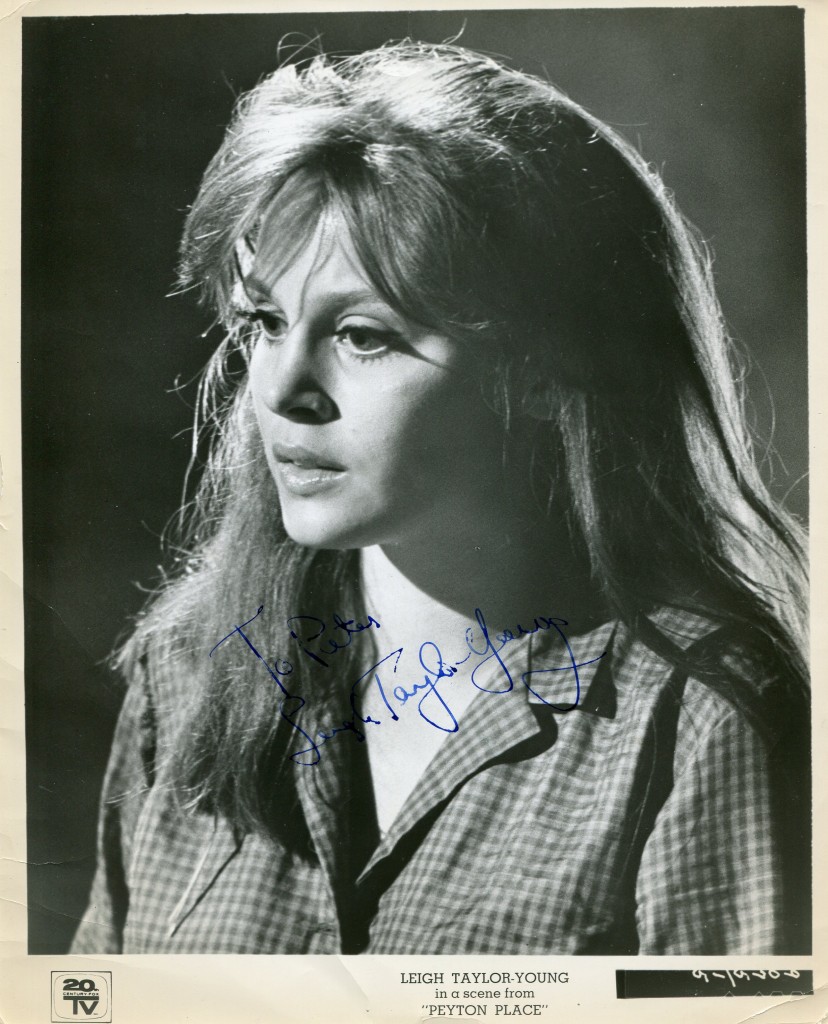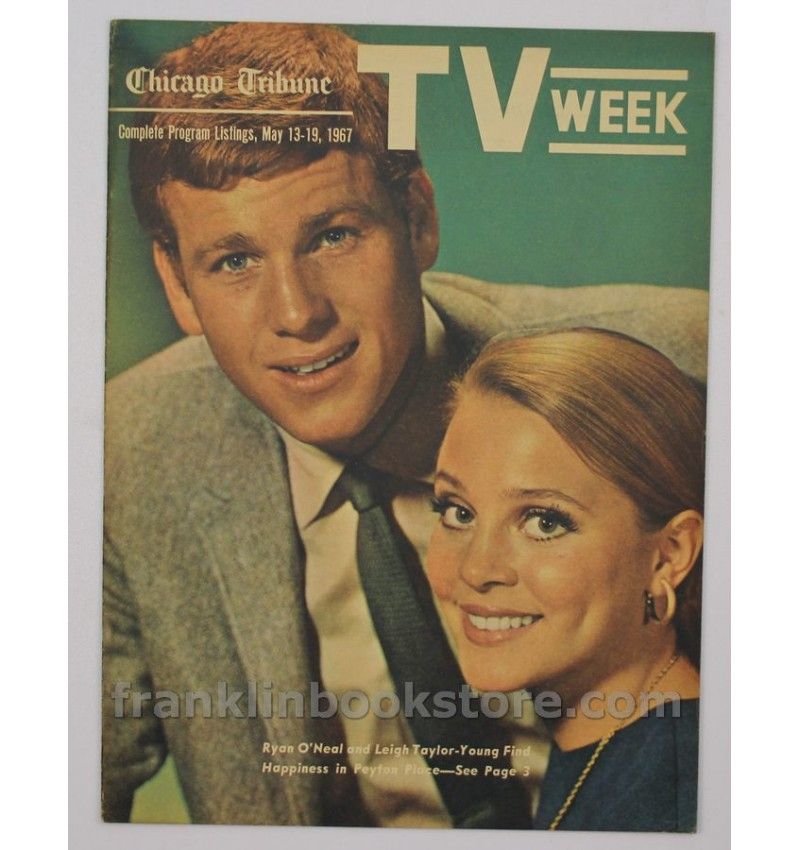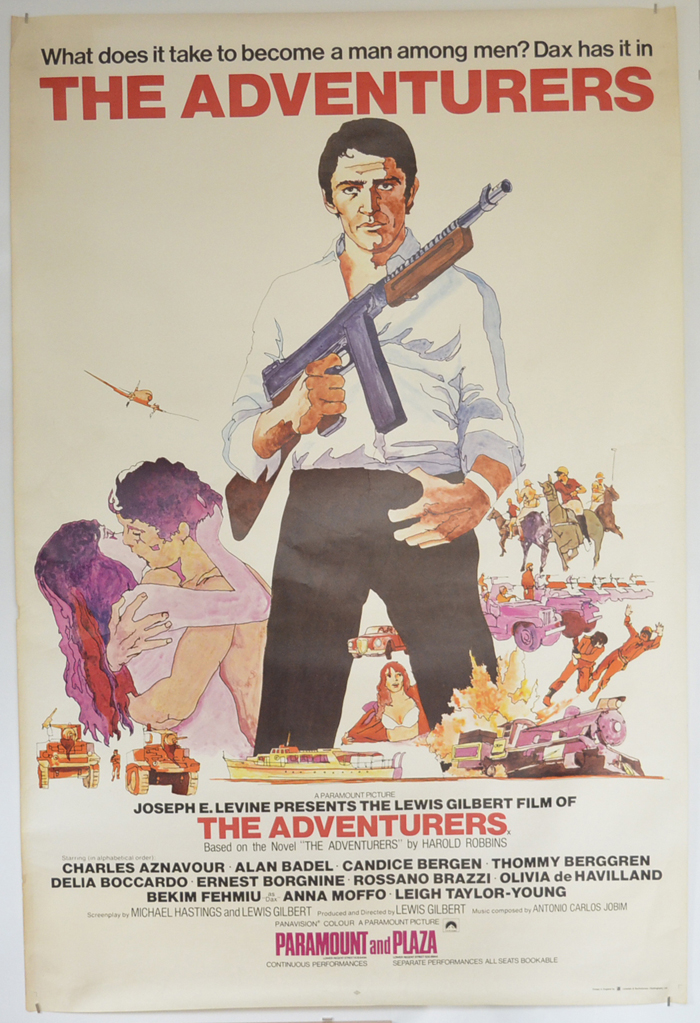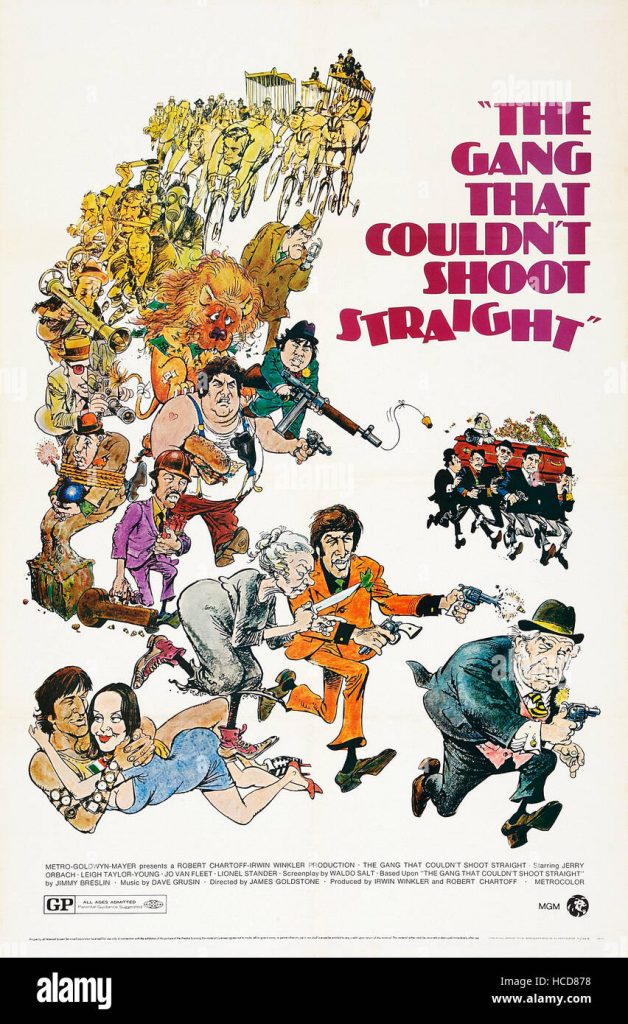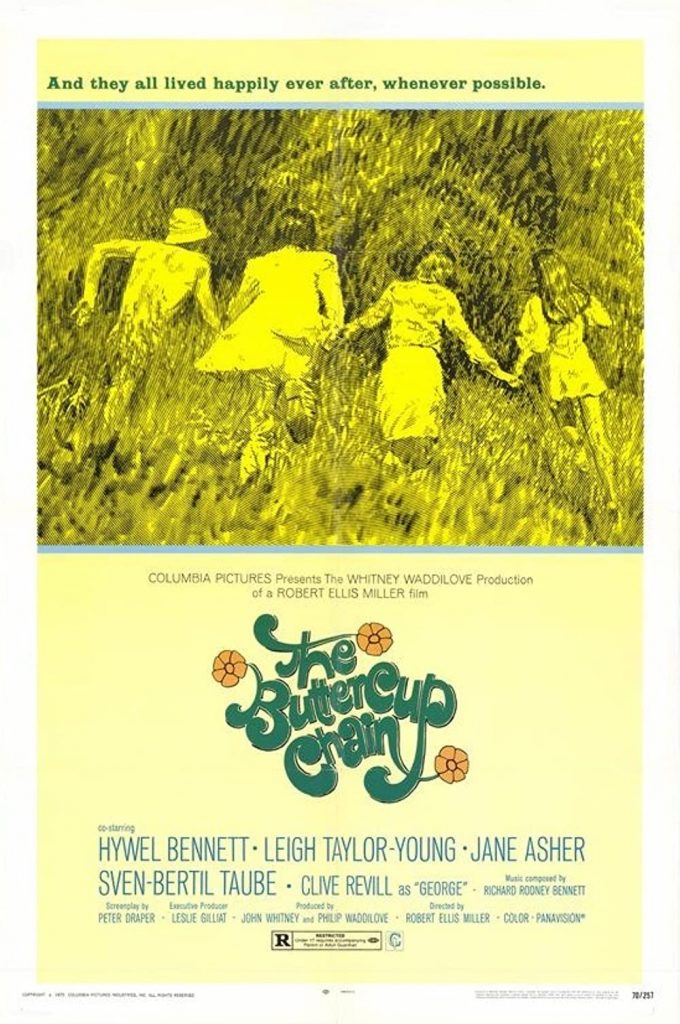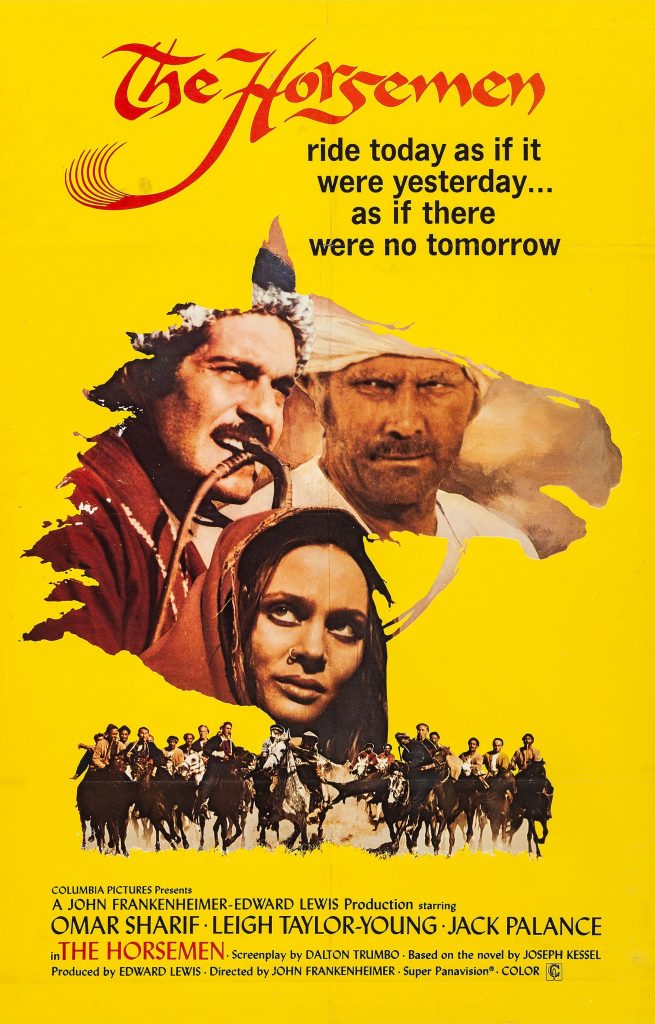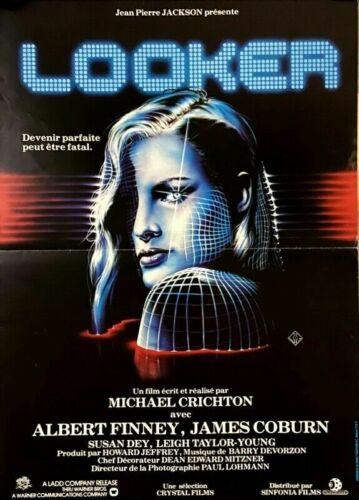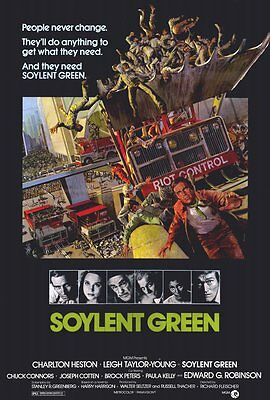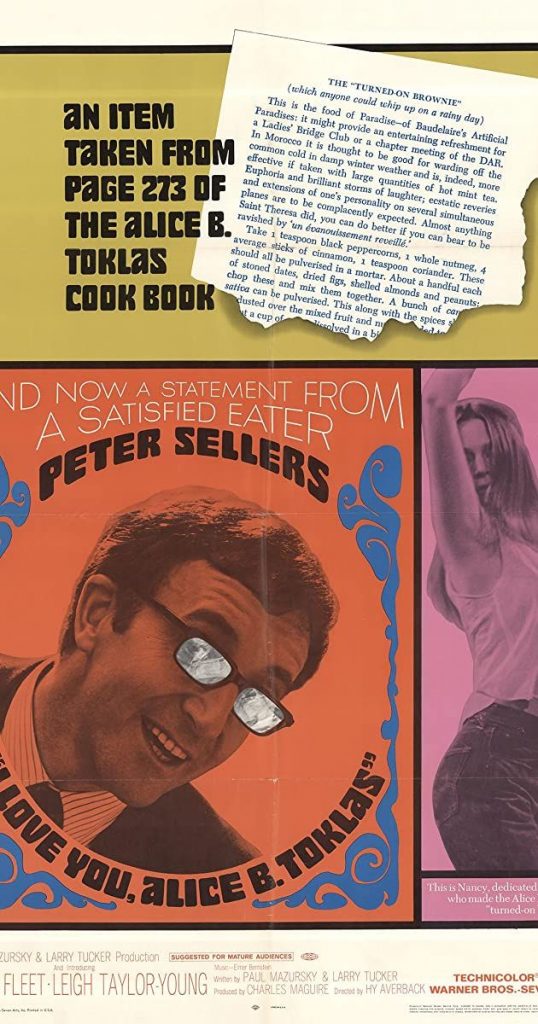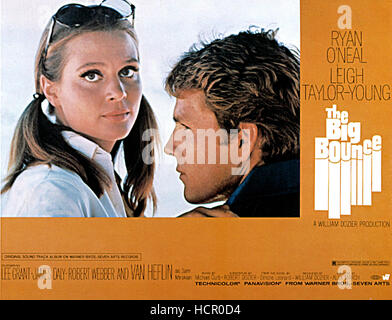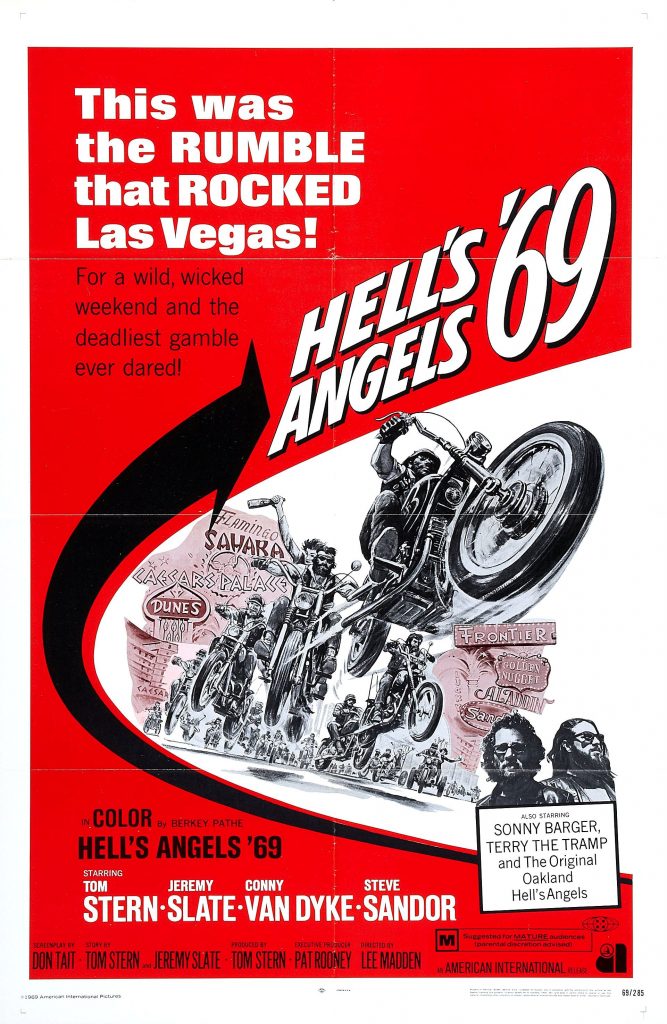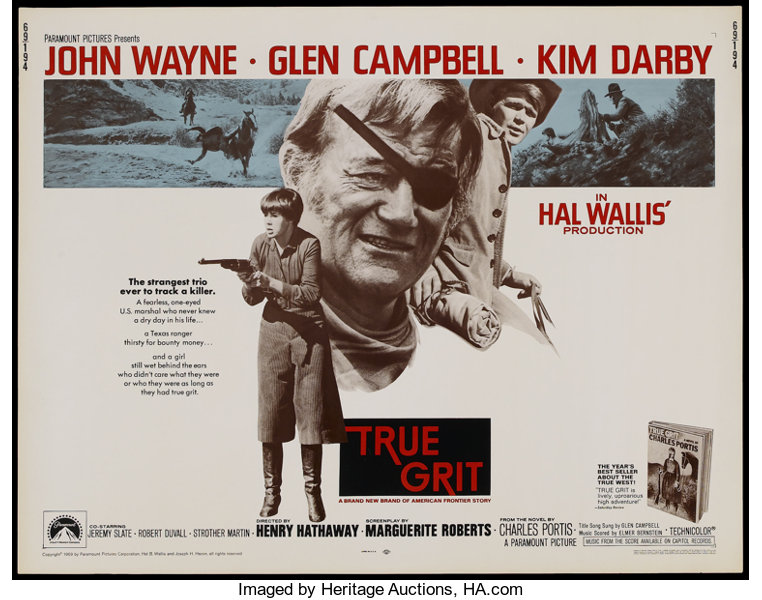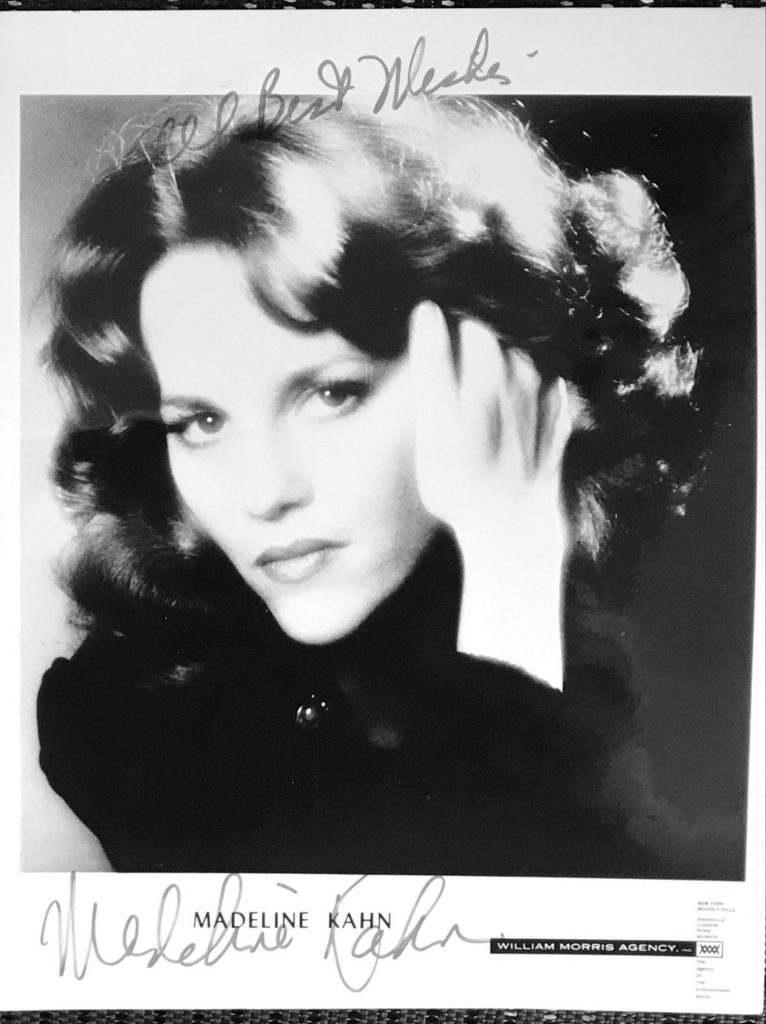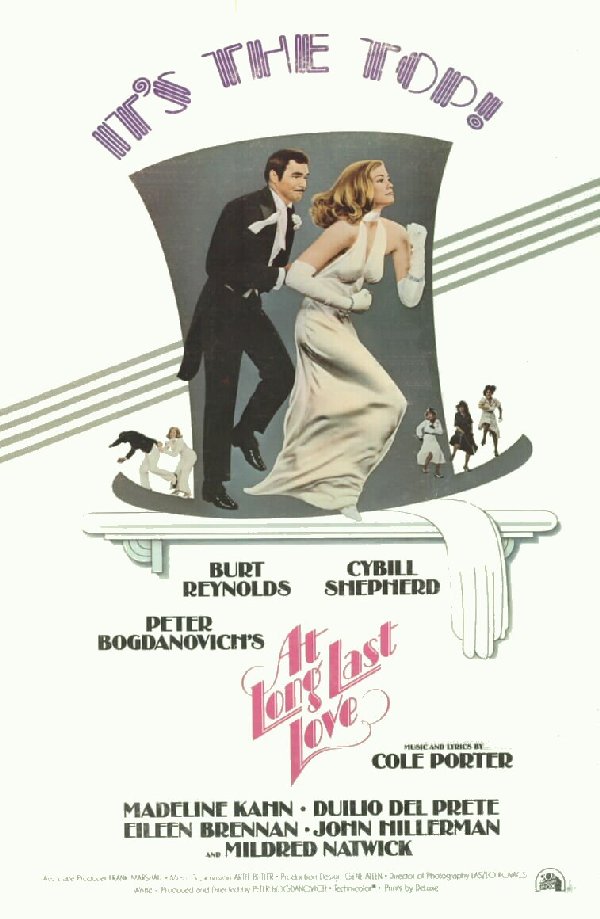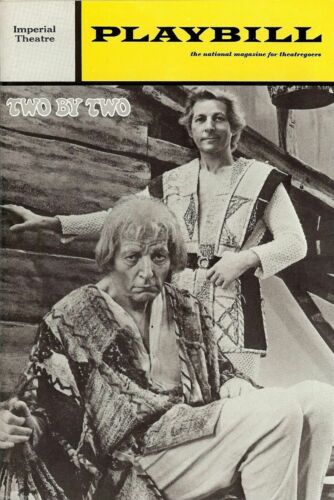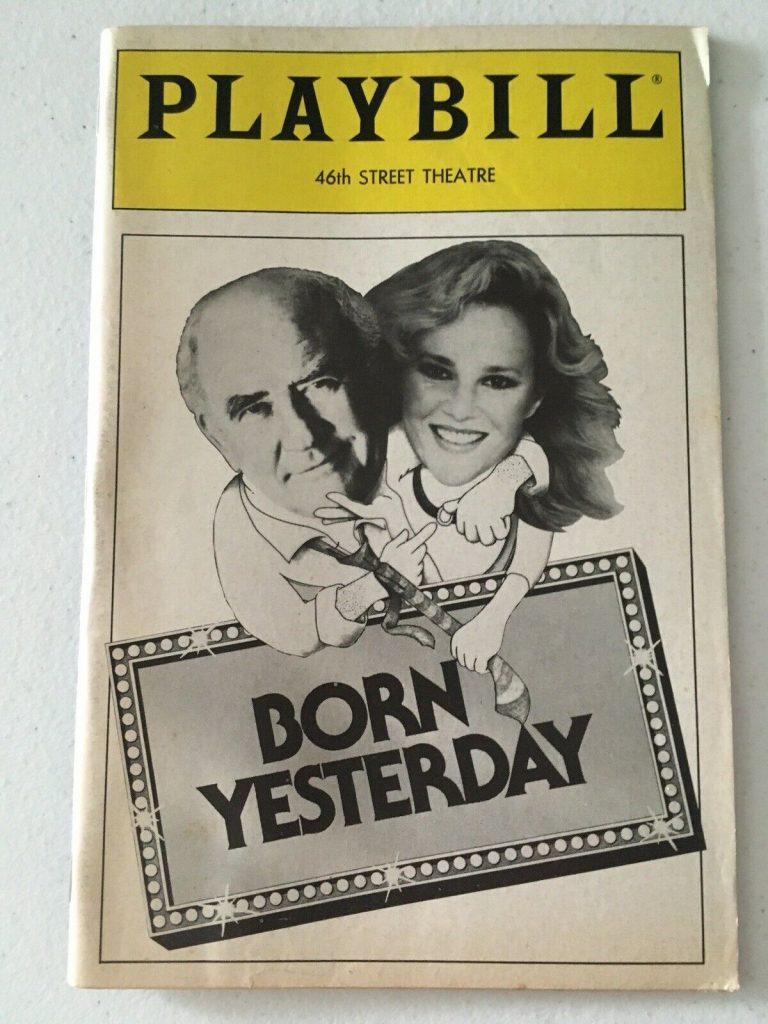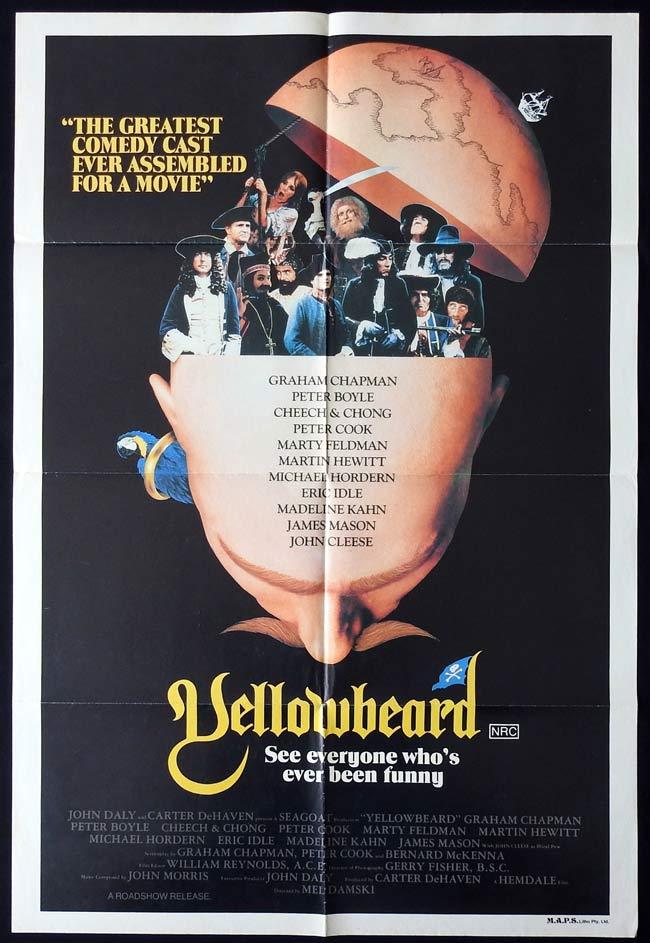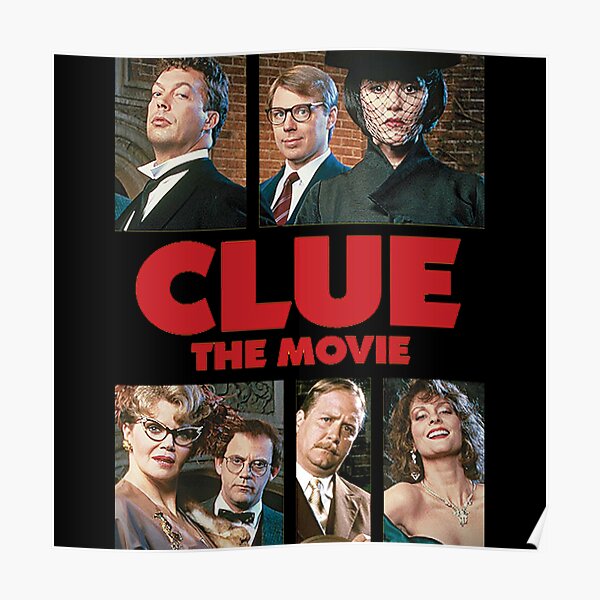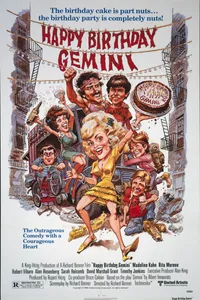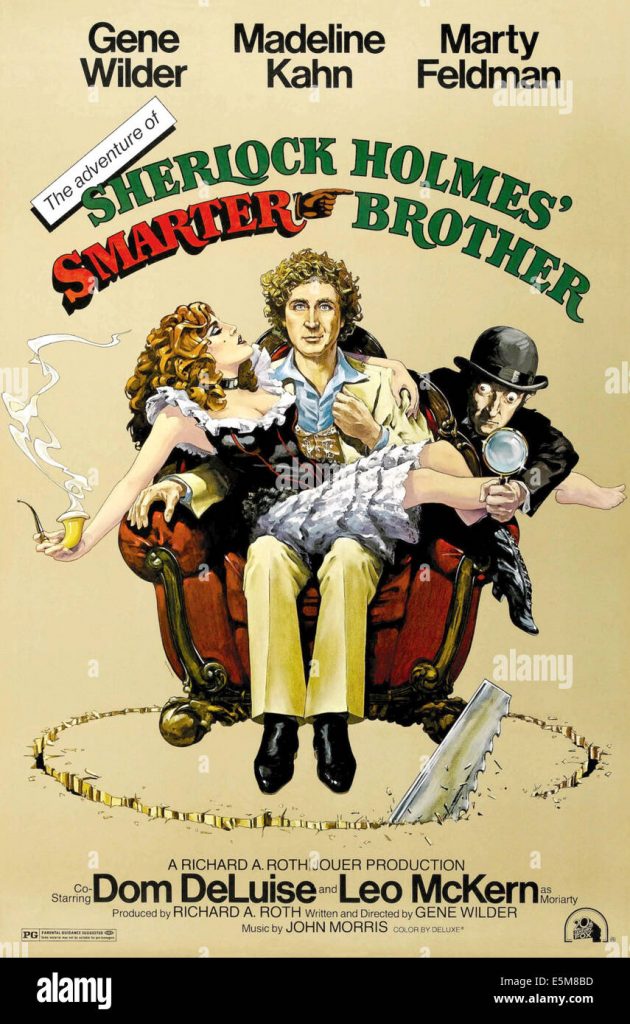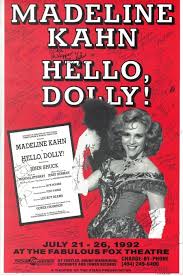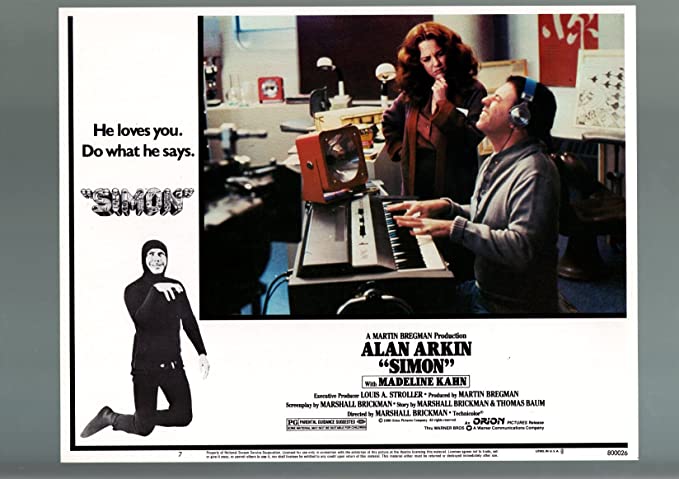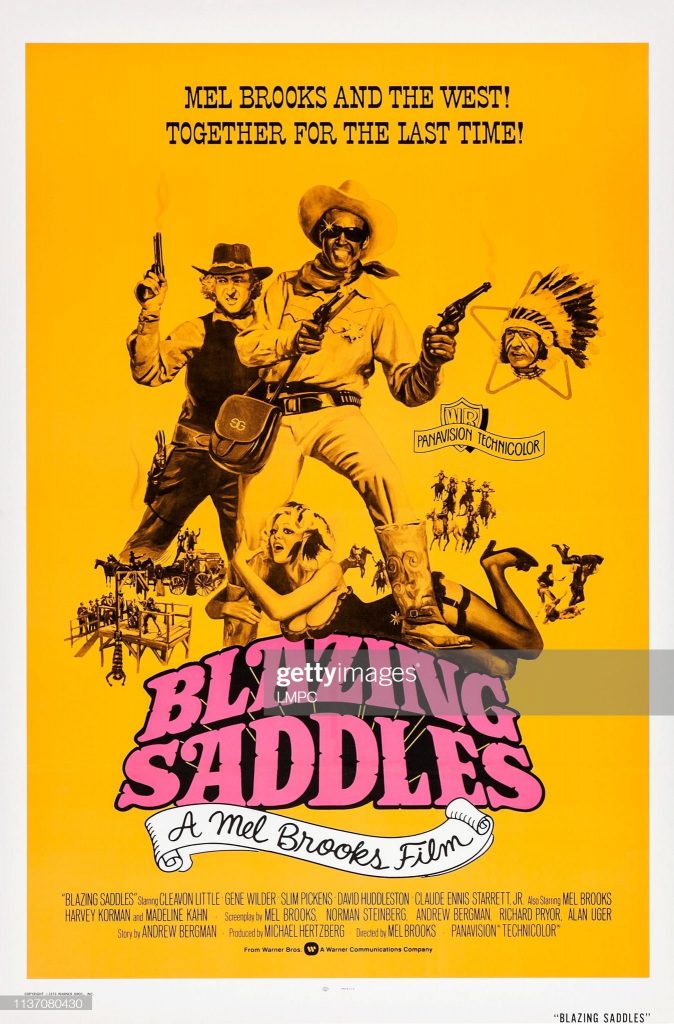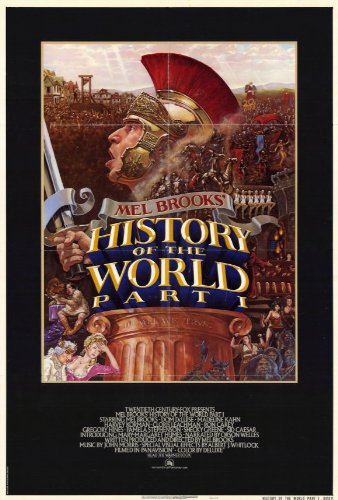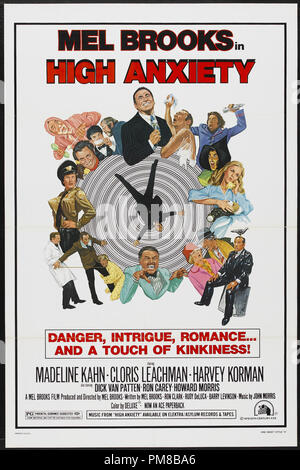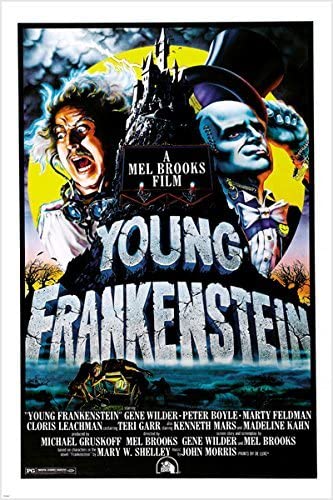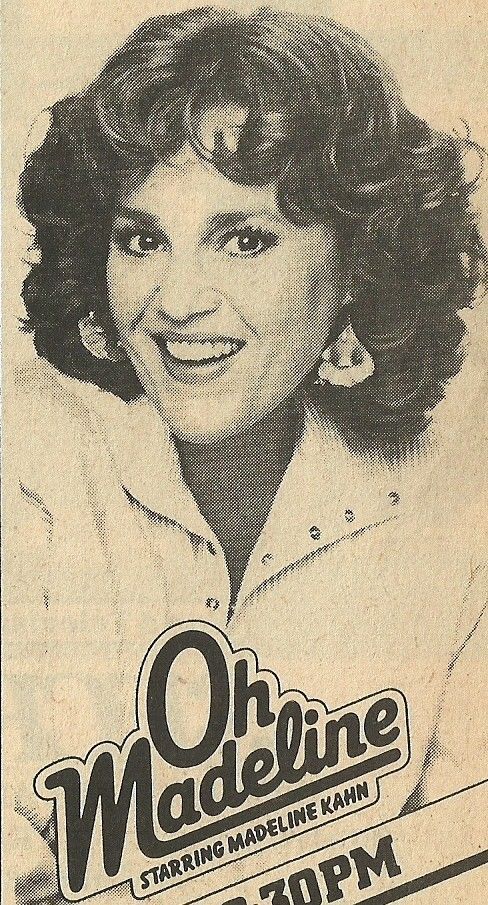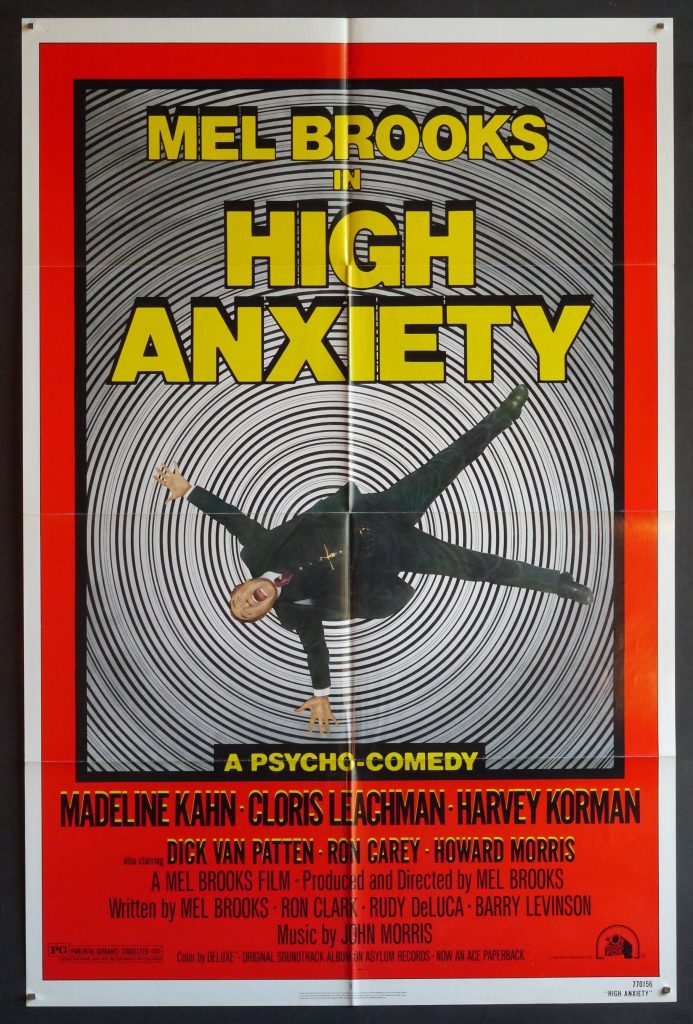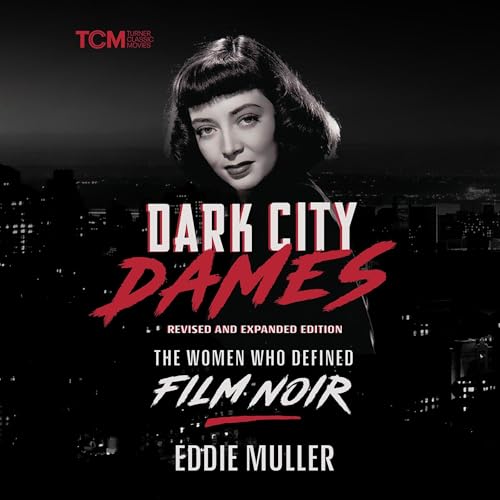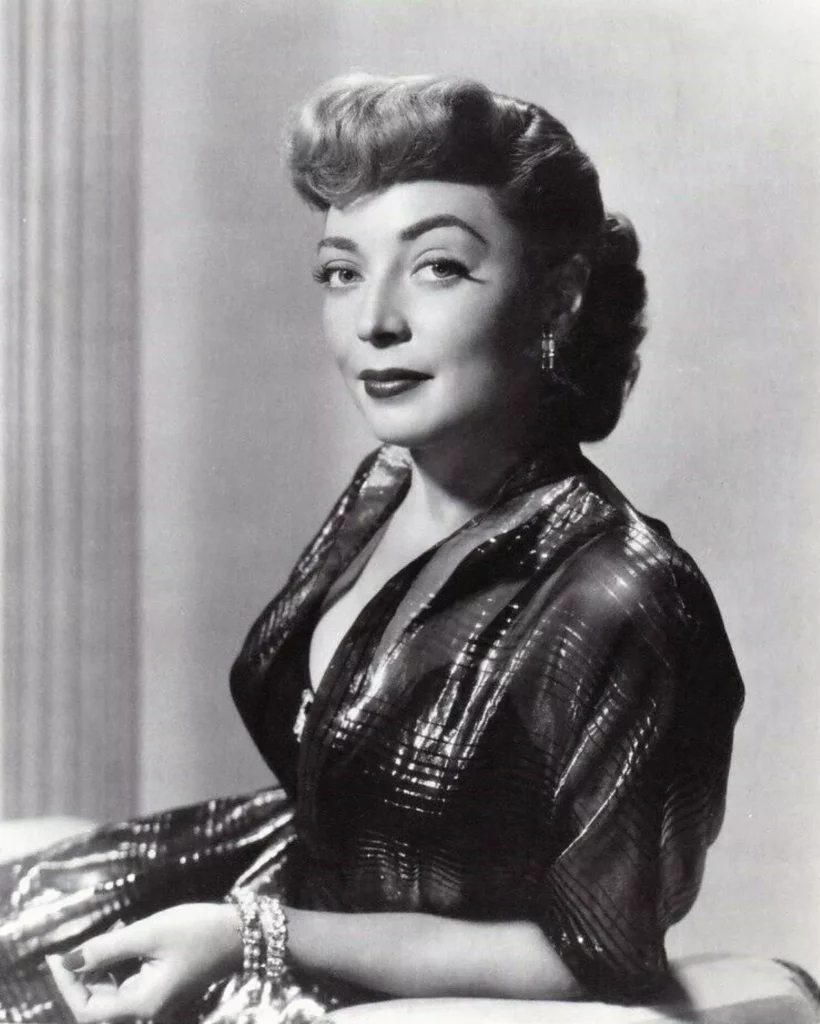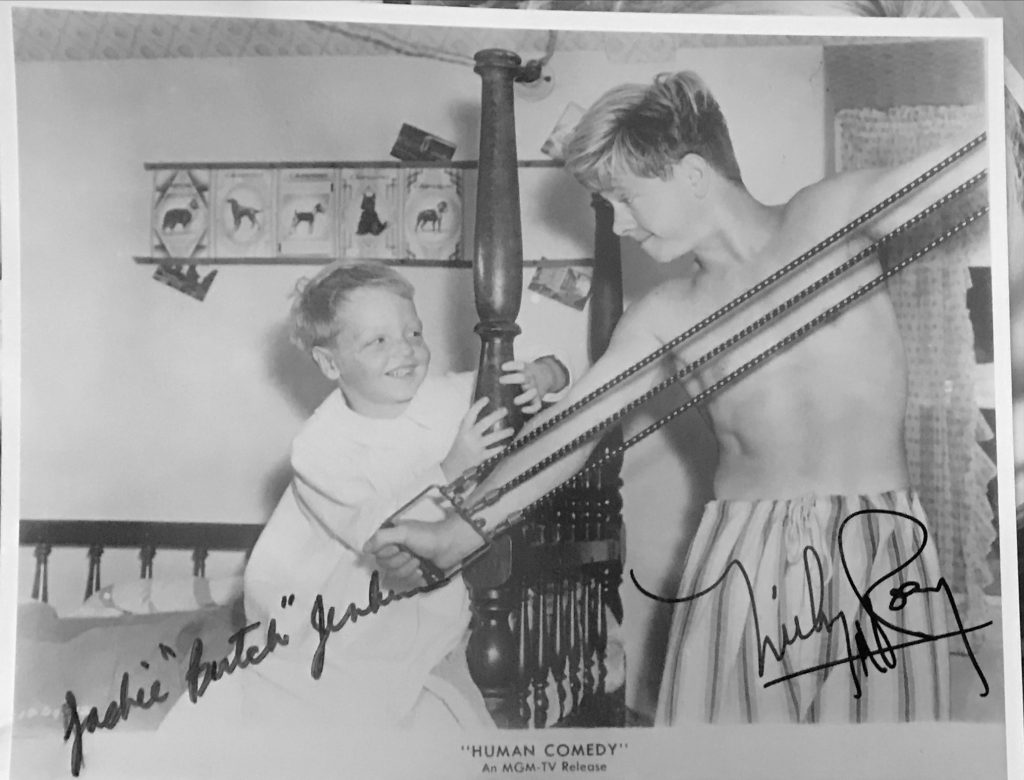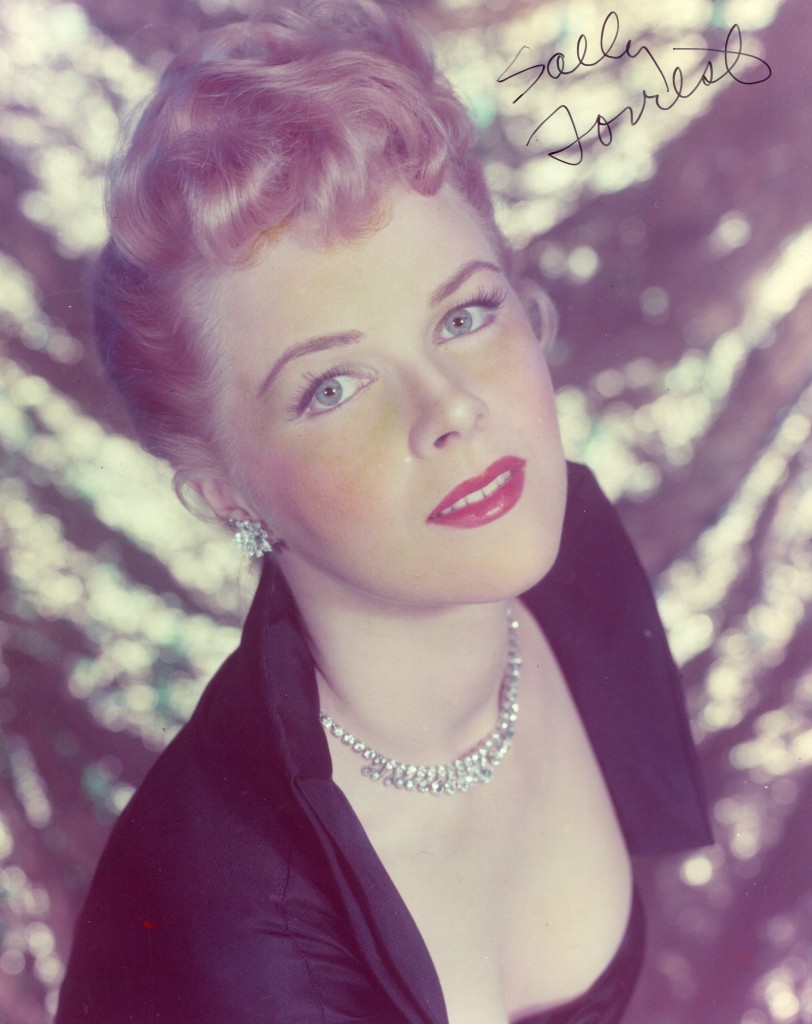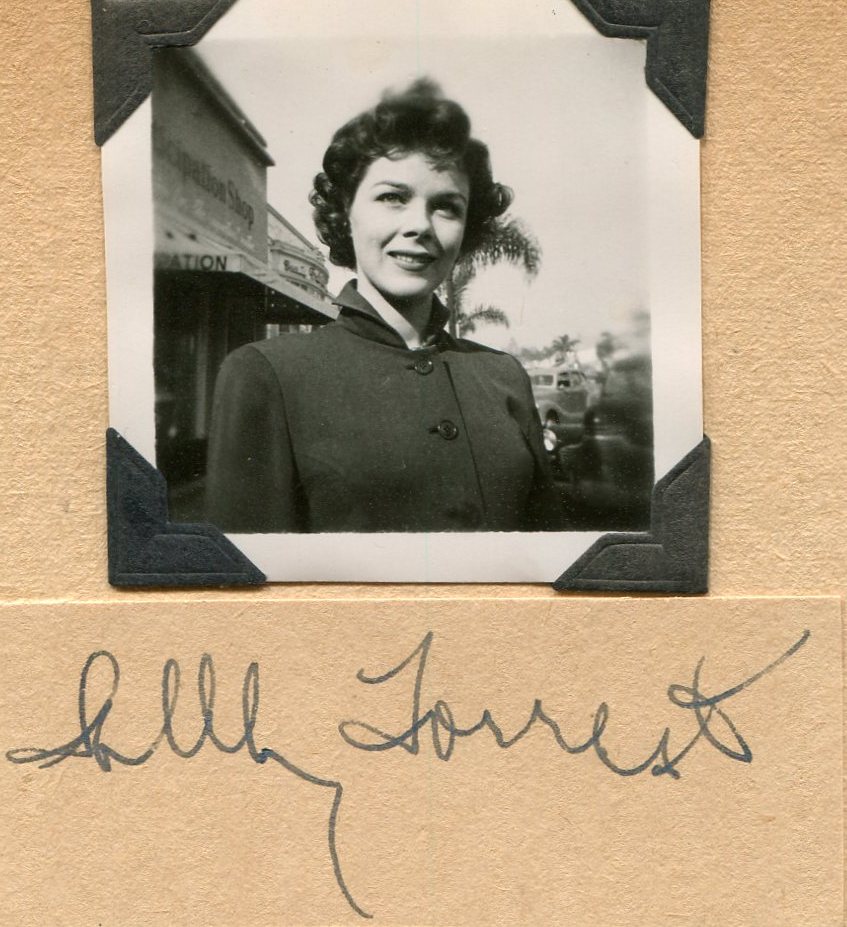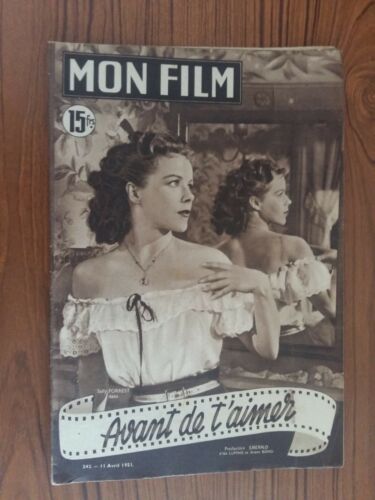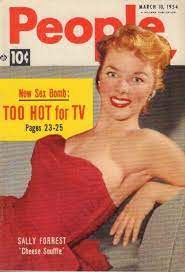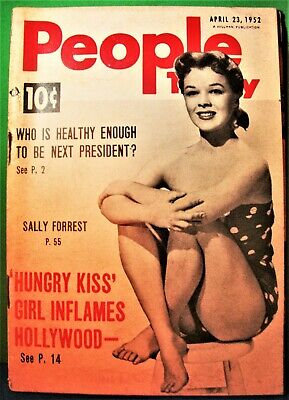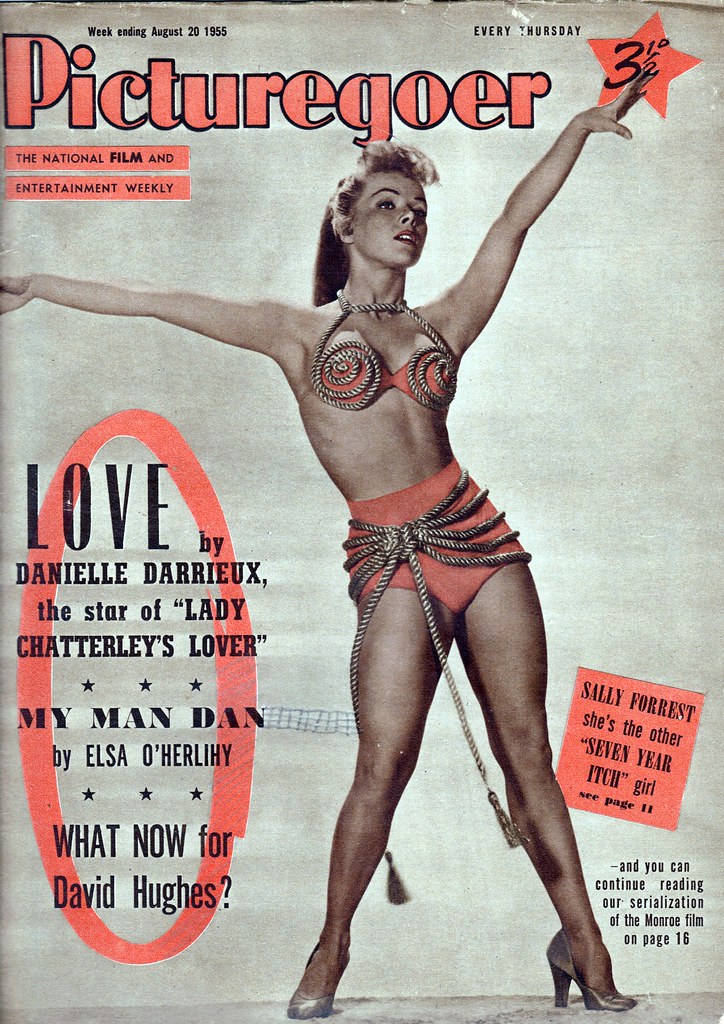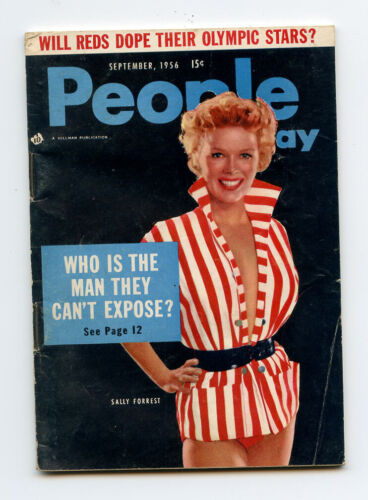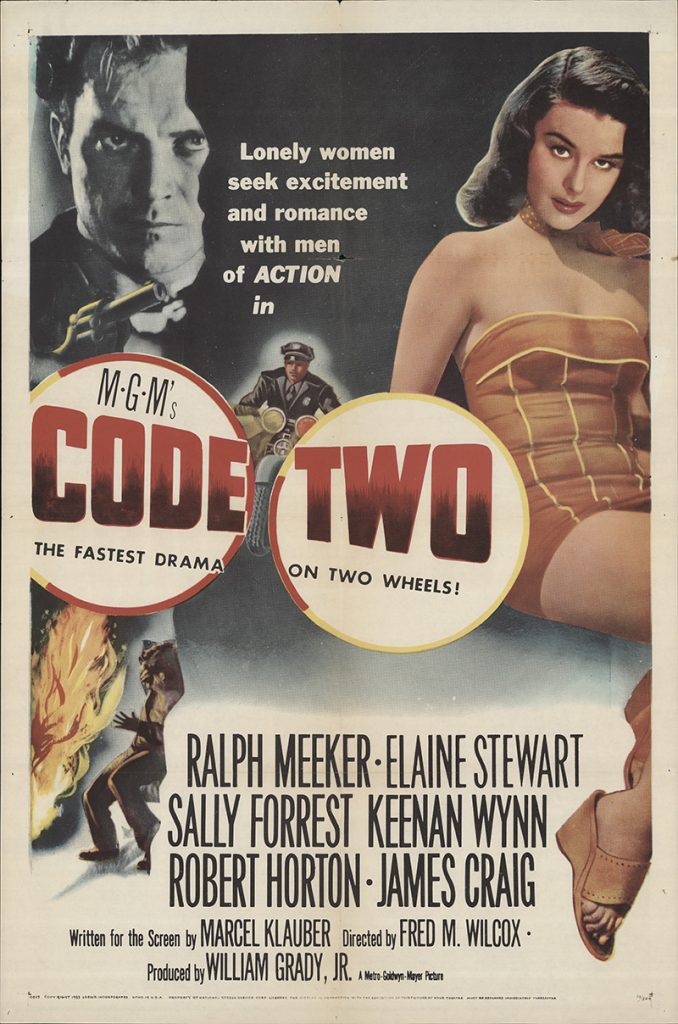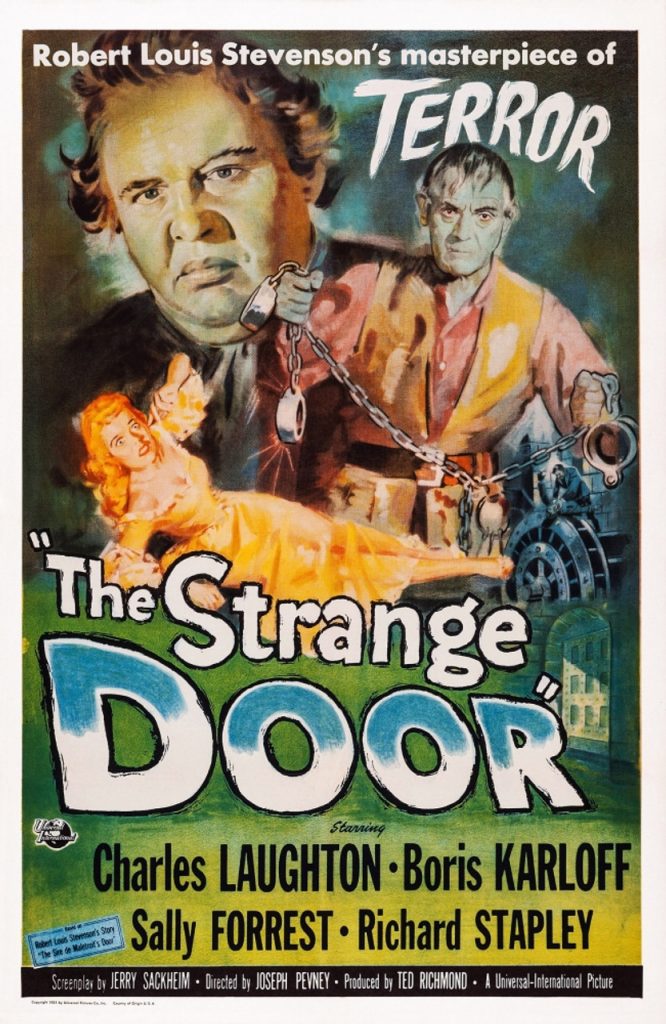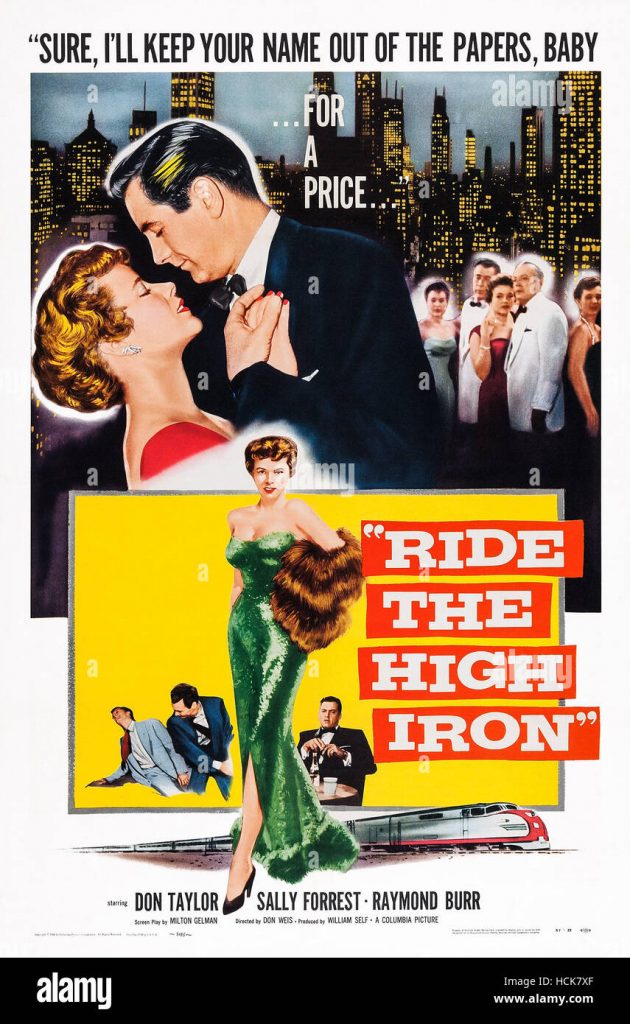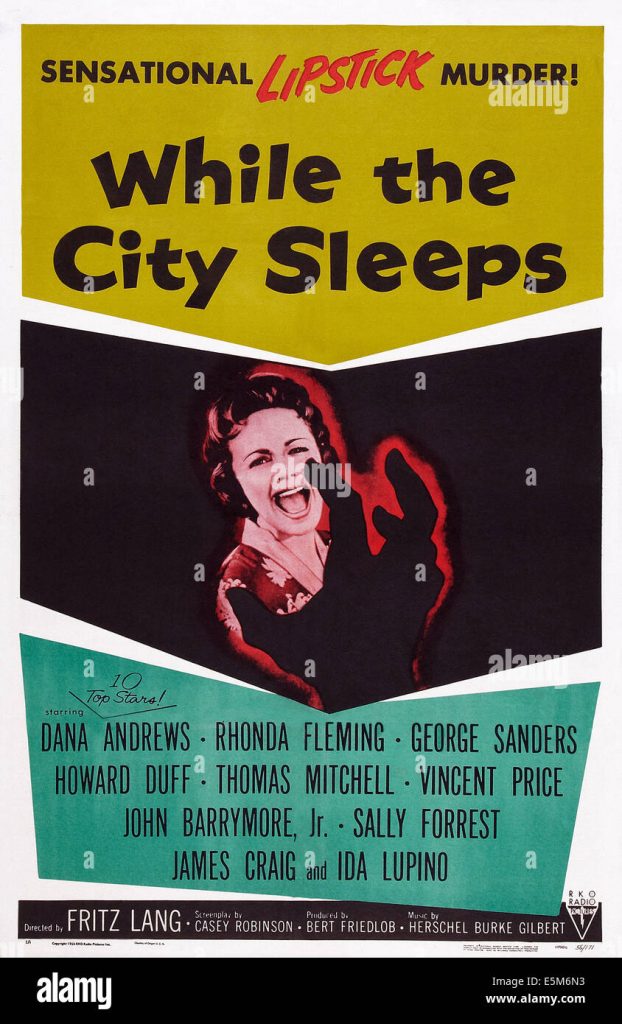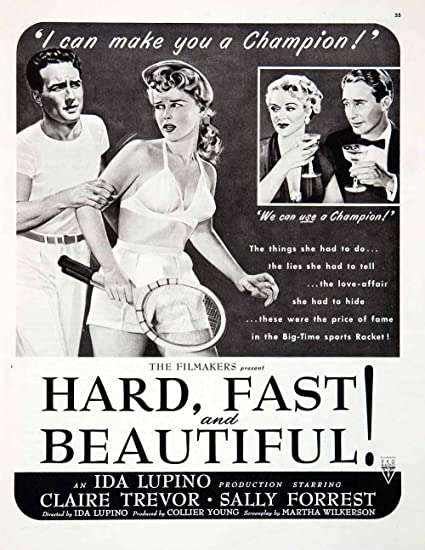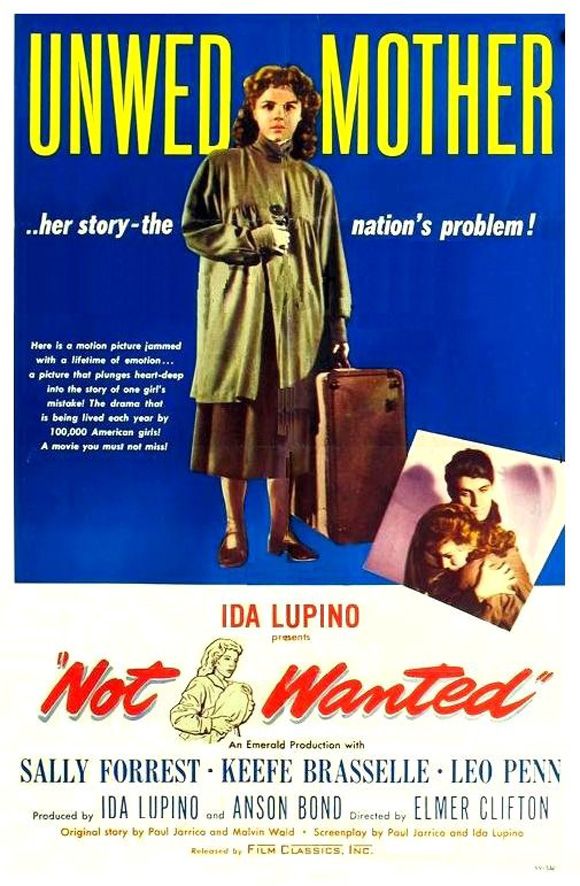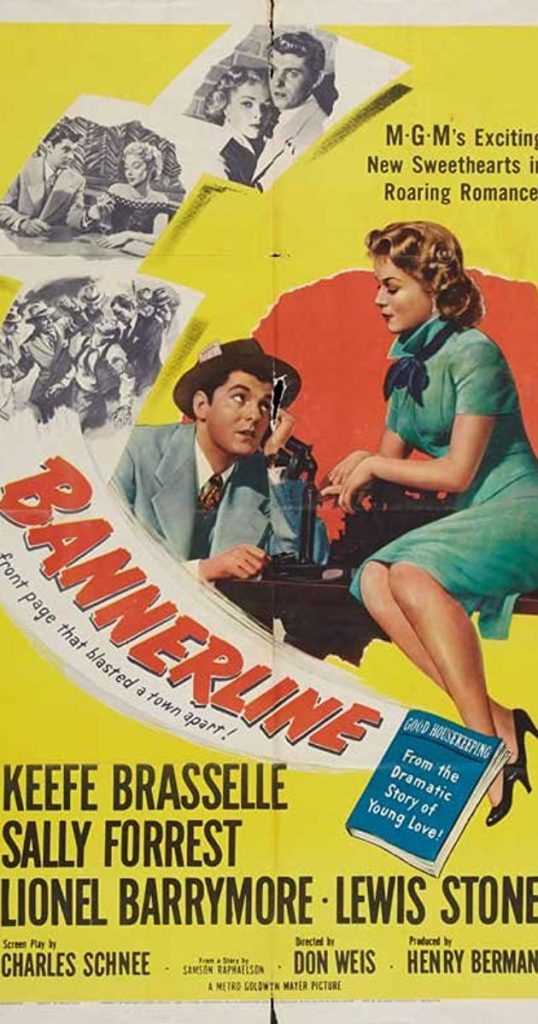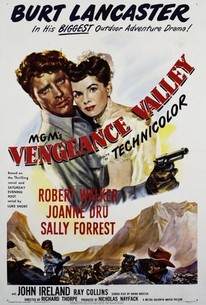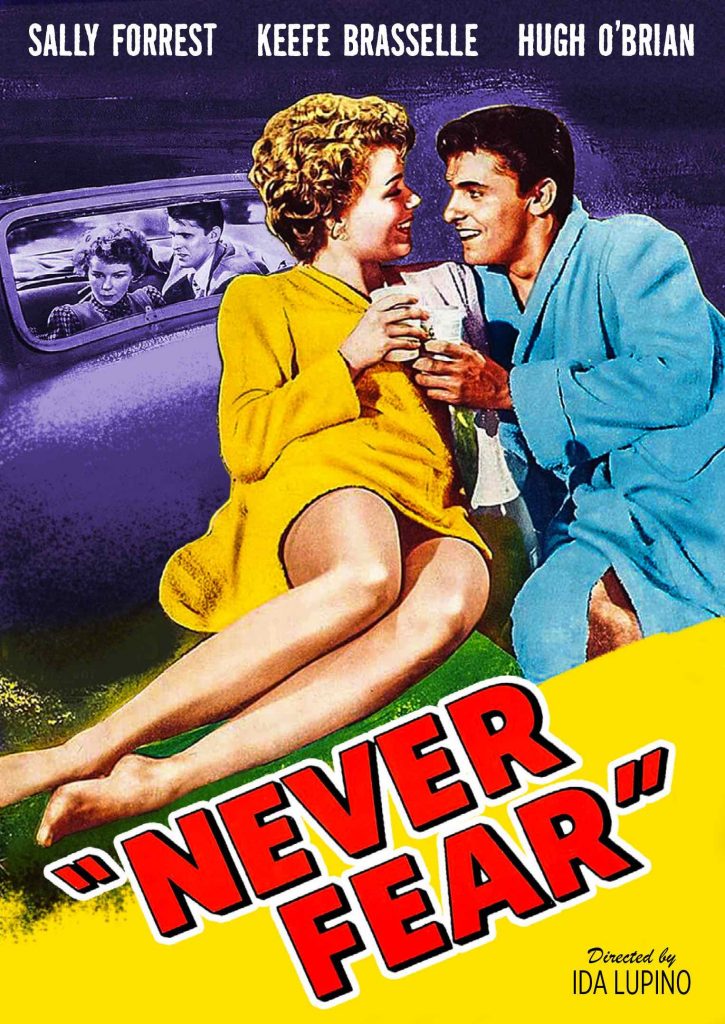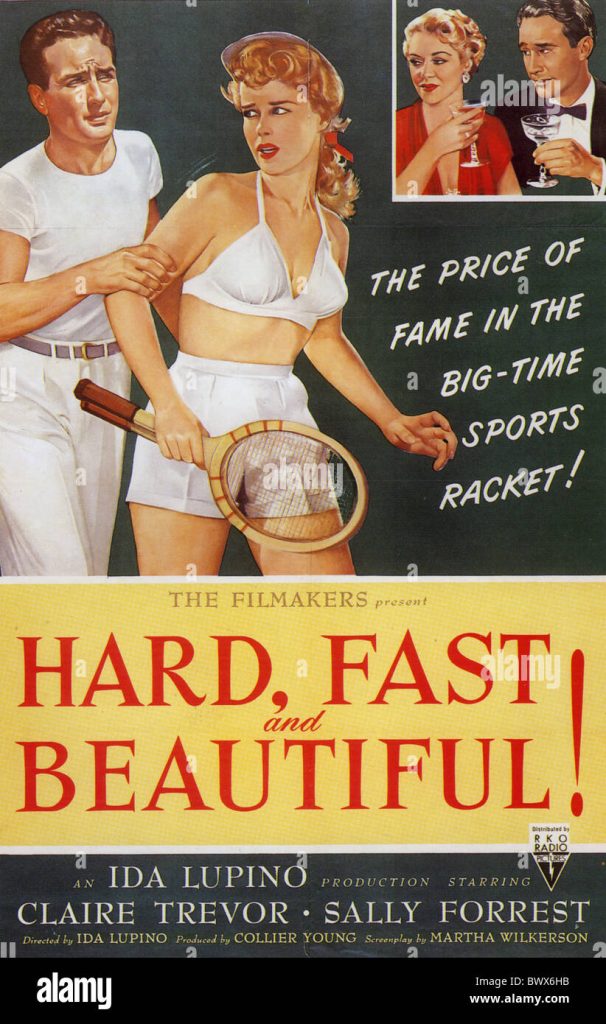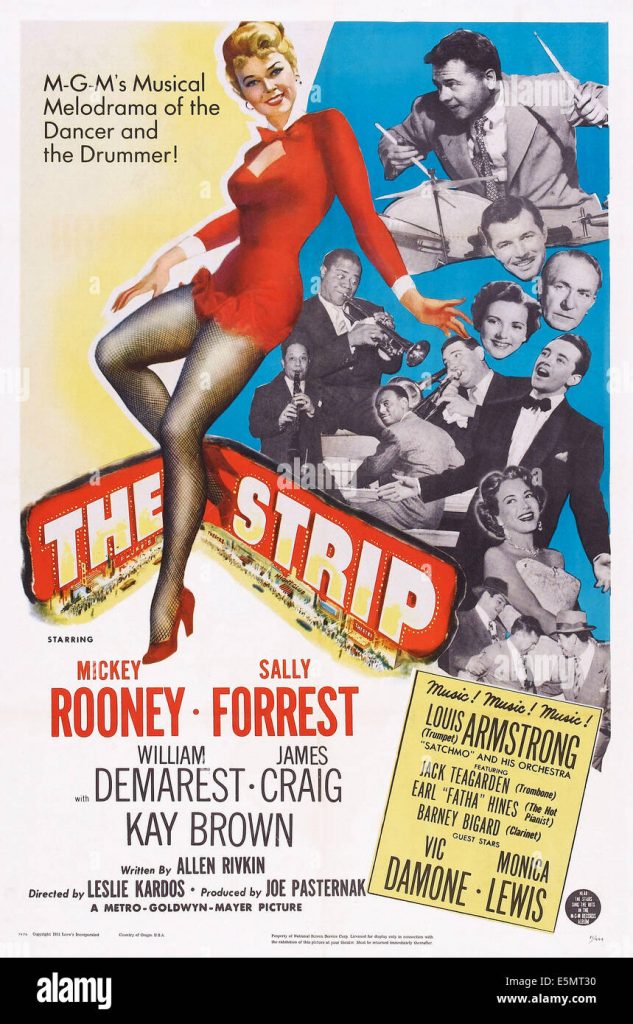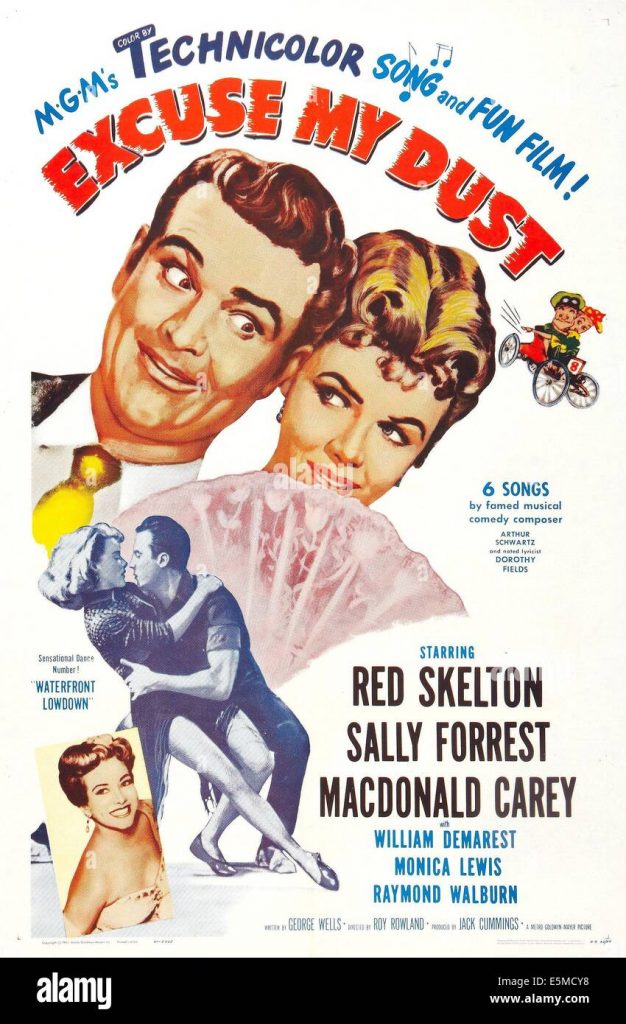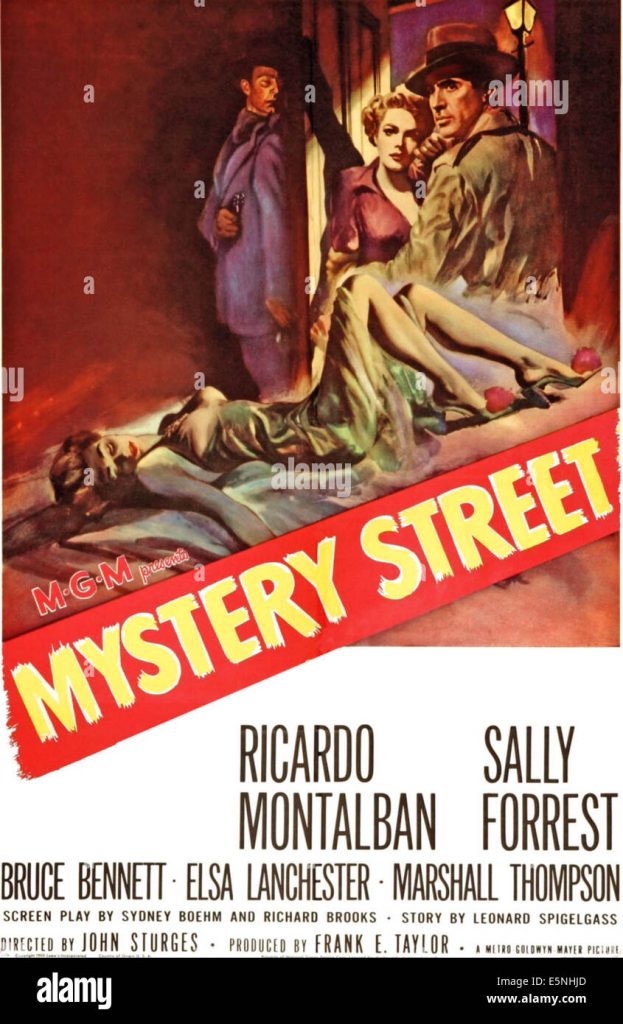Strikingly individual, with a nasal twang and distinctive way of pursing her lips, she was also an operatically-trained singer and started her career in musical comedy and revue. Mel Brooks once said, “She is one of the most talented people that ever lived. I mean, either in stand-up comedy, or acting, or whatever you want, you can’t beat Madeline Kahn.”
Born in Boston, Massachusetts, in 1942, she studied classical music and drama at Hofstra University in New York and started her career as a vocal soloist in concerts and recitals. Setting her sights on Broadway, she made her New York debut in the chorus of a revival of Kiss Me Kate (1965) at City Centre, and later the same year she was one of six cast members in an intimate revue, Just For Openers, at the night-club Upstairs at the Downstairs.
The critic Judith Crist said, “The bright sextet perform with impeccable pace, grace and comedy”, and the show proved a fine showcase for Kahn. In one of the funniest sketches, she portrayed an obliging telephone operator for a company named “Dial-a-deviate”, which would be echoed years later in one of the most entertaining scenes in High Anxiety, in which she hears on the telephone somebody being strangled to death and mistakenly assumes that she is listening to a form of phone sex.
In Leonard Sillman’s New Faces of 1968, a revue which set out to introduce new stars to Broadway, Kahn and Robert Klein (who also went on to stardom) were singled out by critics as the best things in the show, and in 1970 Kahn was given a featured role in the Richard Rodgers-Martin Charnin musical Two By Two, which starred Danny Kaye as Noah. Rodgers wrote a soaring waltz solo, “The Golden Ram”, for Kahn which showcased her lilting operatic range.
Kahn’s first feature film was Peter Bogdanovich’s What’s Up Doc? (1972), the director’s frantic homage to screwball comedy in which she gave sterling support to Barbra Streisand and Ryan O’Neal as O’Neal’s shrill girlfriend. Bogdanovich then cast her in his charming Depression-era comedy Paper Moon, in which she was Trixie Delight, a floozy who hitches a ride with a pair of confidence tricksters (Ryan O’Neal and his daughter Tatum).
Kahn’s funny and endearing performance was justly rewarded with an Oscar nomination, and on the strength of these roles she was cast as Agnes Gooch, the frump who blossoms and becomes pregnant, in the film version of the Broadway musical Mame, but she quickly clashed with its star Lucille Ball. Ball later complained that Kahn had already been offered Blazing Saddles and thus deliberately got herself fired, but the director Gene Saks told the historian Warren G. Harris,
During the first day of rehearsals, Ball turned on Madeline and started criticising her voice and walk. “Excuse me, Madeline,” she said, “but when are we going to see your interpretation of Gooch, dear.” Madeline grinned icily back at her, “You are seeing her, dear.” Lucy just said “Oh,” then asked if she could talk to me privately.
We went to my office and Lucy started to weep, saying “I swore I wasn’t going to cry.” She was so manipulative, so controlling, that she absolutely wouldn’t have Madeline, who was too young and too pretty. Lucy insisted that we replace her with the stage Gooch, Jane Connell, who by that time was probably 50 and really too old for the part.
Said Kahn herself later, “It was devastating. It didn’t turn out to be a tragedy – it cleared me to be available for Blazing Saddles – but it felt really bad at the time.” Blazing Saddles (1974), Mel Brooks’s hilarious and enormously successful pastiche of western movies, earned Kahn her second Oscar nomination in a row, and her portrayal of a saloon-singer, Lily von Shtupp, established her with audiences. A highlight of the film was Kahn’s devastating parody of Marlene Dietrich performing a risque ballad “I’m Tired” with barely controlled lust.
Kahn’s droll comedic touch, her gift for pastiche and quirky eccentricity were perfect for the Brooks style, and he used her in three more films, his parody of old horror movies, Young Frankenstein (1974), his homage to Hitchcock, High Anxiety (1977), and the later, less successful History of the World Part One (1981). Kahn worked with Bogdanovich again on his off-beat musical At Long Last Love (1975), in which her plaintive choruses of the title song and “I Loved Him (But He Didn’t Love Me)” were among the film’s most beguiling moments, and she had a leading role as a music- hall singer in Gene Wilder’s The Adventure of Sherlock Holmes’ Smarter Brother (1975).
Kahn’s first starring role on Broadway was in the play In The Boom Boom Room (1973), for which she received the first of three Tony nominations as Best Actress. In 1978 she was for the first time offered the leading role in a Broadway musical, an adaptation of the play Twentieth Century (best known for the film version with Carole Lombard and John Barrymore), about the tempestuous relationship between a flamboyant stage director and a temperamental star.
The producers considered asking Danny Kaye to play the director, but Kahn, having worked with him, vetoed the idea, and John Cullum was cast opposite her. With a score by Cy Coleman, Betty Comden and Adolph Green which adopted a comic-opera style to reflect the bravura personalities of its protagonists, On The Twentieth Century showcased Kahn’s vocal and comic talents perfectly, and was to win her a second Tony nomination, but it was a demanding role and there were warning signs when Kahn began missing rehearsals, leaving her understudy Judy Kaye to fill in.
After the show opened she continued to miss performances for reasons which were never made clear. Five weeks into the run, when Kahn had missed nine performances, she was “invited to leave” and Kaye was given the role. Though Kahn had more Broadway roles, it is generally considered that her withdrawal hurt her chances of becoming a Broadway musical star and probably damaged her career. She returned to the screen in The Cheap Detective (1978), Neil Simon’s collection of gags based on such films as The Big Sleep and The Maltese Falcon – Kahn played the Mary Astor role in a pastiche of the latter movie – and she was one of the guest stars in The Muppet Movie (1979).
In 1983 Kahn had her own television show Oh Madeline, based on the British series Pig in the Middle, in which she was a bored housewife trying to put some zip into her life by sampling every trendy diversion that came along, but the show ran for only one season. Kahn also starred in several unsold pilot shows, and appeared with George C. Scott in the series Mr President (1987-88). In 1989 she starred with Edward Asner in a Broadway revival of Born Yesterday, with mixed reaction – inevitably her performance was compared to that of the role’s creator Judy Holliday.
But three years later Kahn had an unquestionable triumph with her performance of the ditsy matron Gorgeous Teitelbaum in Wendy Wasserstein’s play The Sisters Rosensweig, winning the Tony Award for a truly hilarious performance that will be talked about for years to come. The same year Kahn made a cameo appearance in Woody Allen’s Kafkaesque comedy Shadows and Fog, and more recently she had a role in Nixon (1995) and provided one of the voices for the hit cartoon A Bug’s Life (1998).
Since 1996 Kahn had been playing the role of Pauline, a neighbour, in the television series Cosby, and in August this year started to work on her fourth season with the show, but after taping four episodes she announced that she was taking a leave of absence.
At the beginning of November, she let people know her secret, announcing, “During the past year, I have been undergoing aggressive treatment for ovarian cancer. It is my hope that I might raise awareness of this awful disease and hasten the day that an effective test can be discovered to give women a fighting chance to catch this cancer at its earliest stage.” (Kahn’s close friend, the comedienne Gilda Radner, died of the same disease in 1989.) In October, Kahn had married her long-term beau, lawyer John Hansbury, who told The New York Times, “It took me a long time to persuade her to get married.”
In her last film, Judy Berlin, due to open in February and directed by Eric Mendelsohn, who won the best director’s award for the film at this year’s Sundance Festival, she plays a suburban housewife described by the director as “full of neurotic energy yet warm and loving”. He said, “Madeline Kahn really was one of those people who when you stood around her, she gave off this unbelievable glow.”
Tom Vallance
Madeline Kahn, actress: born Boston, Massachusetts 29 September 1942; married 1999 John Hansbury; died New York 3 December 1999.
The above “Independent” obituary can also be accessed online here.




